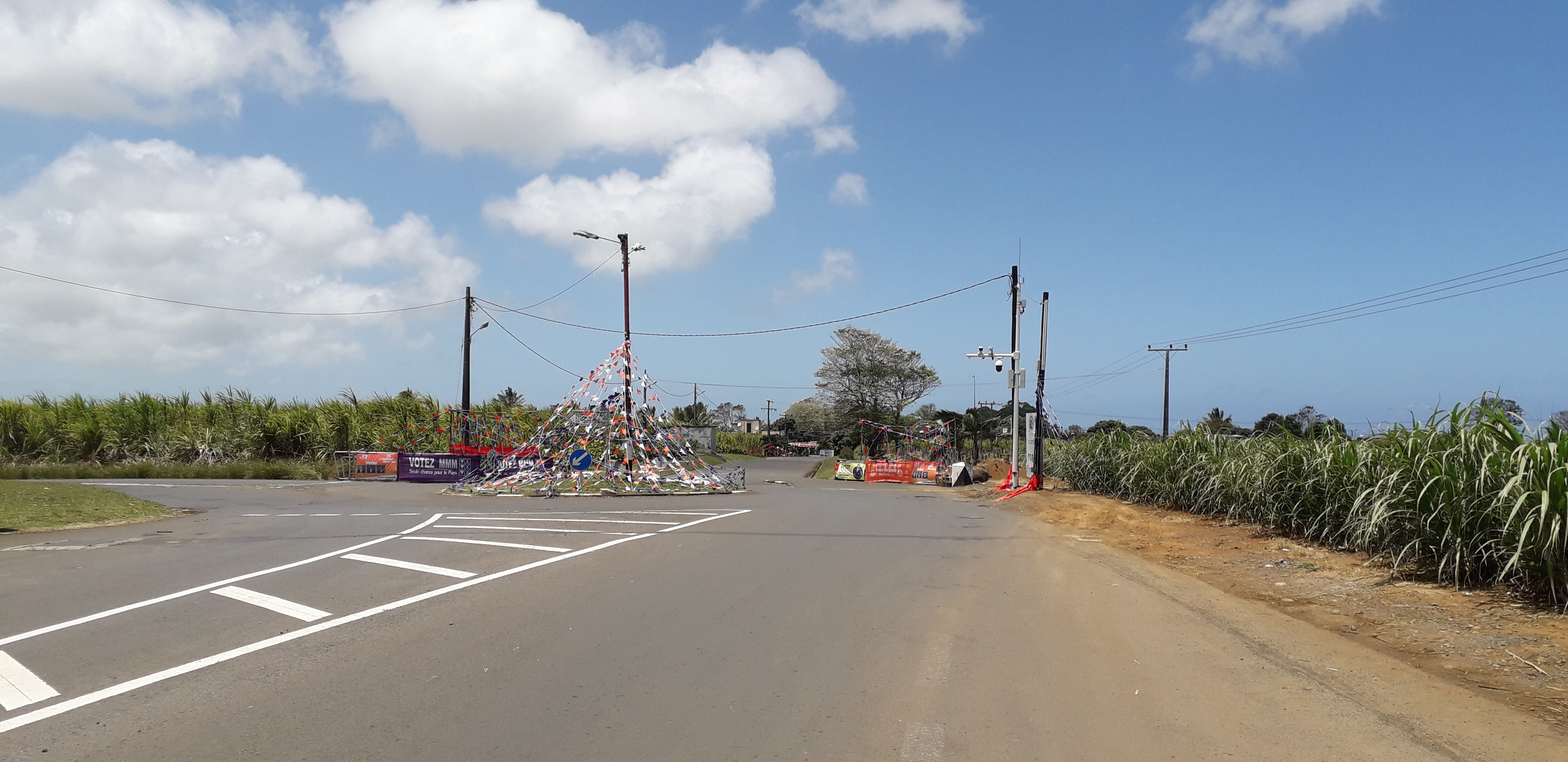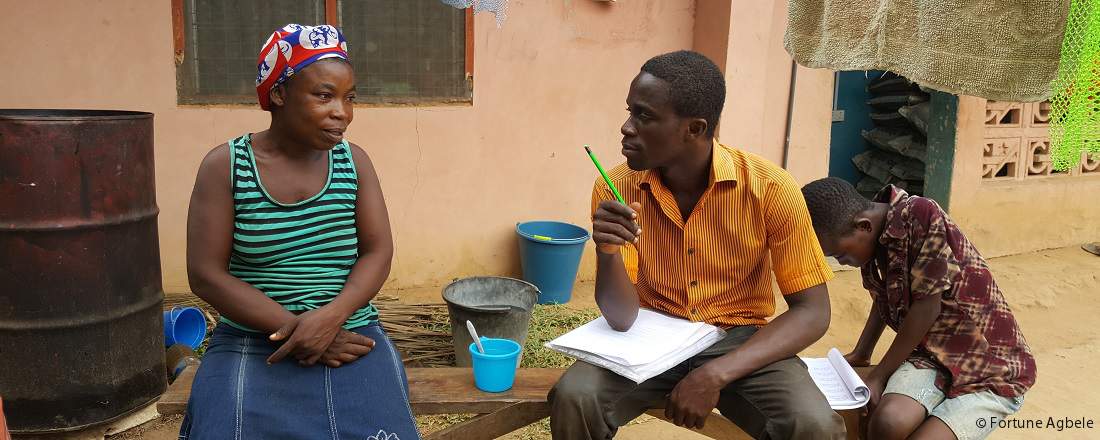Forschung
Die Professur für Politik Afrikas und Entwicklungspolitik ist auf Fragen der Demokratisierung in Afrika spezialisiert.
Sie nimmt Akteure und Prozesse in den Fokus, die sowohl für die politische als auch für die breitere sozio-ökonomische Entwicklung von großer Bedeutung sind. Hierzu zählen u.a. politische Parteien und Wahlprozesse sowie höchste Richter zwischen Politisierung der Justiz und Judizialisierung der Politik sowie Multi-Level-Governance in ausgewählten Prozessen regionaler Integration.
Aktuelle Forschung
Im Rahmen des Exzellenzclusters 'Africa Multiple' adressiert die Professur interdisziplinäre Fragen der Regionalintegration als Teil des Projektes “Multiplicity in Decision-Making of Africa’s Interacting Markets: The Functioning of Community Law, the Role of Market Participants and the Power of Regional Judges (MuDAIMa)". Die Sicht der Politikwissenschaft wird speziell die regionale Jurisdiktion und die Politiken der Ernennung von Richtern in ausgewählten Mitgliedsstaaten in den Blick nehmen. Dabei kommt ein relationaler Ansatz der politikwissenschaftlichen Justizforschung zum Einsatz, der gemeinsam mit Kollegen aus Canberra und Melbourne entwickelt wurde.
Andere aktuelle Forschungsprojekte beschäftigen sich mit der Wahl-Performance von amtierenden afrikanischen Präsidenten, der Verflechtung zwischen Parteienwettbewerb und Wahlbeteiligung in Mauritius und anderen afrikanischen Demokratien, sowie mit der Rolle von lokalen Regierungsakteuren in der Entwicklungspolitik.
Projekte im Überblick
Forschung im Rahmen von Dissertationen
Aktuelle Doktorarbeiten beschäftigen sich mit Determinanten von Wahlbeteiligung und Gewaltrisiken im Kontext parteipolitischer Mobilisierung. Eine weitere Doktorarbeiten untersucht vergleichend den Einfluss des Arabischen Frühlings auf die Kulturpolitik nordwestafrikanischer Länder.
- Aktuelle DissertationsprojekteEinklappen
-
- Julião Alar: Managing party loyalty in violent elections: Comparing the municipalities of Beira, Quelimane, and Tete in Mozambique
- Julia Kasten: Contribution of social networks to the efficiency of pro-democratic movements in African and European contexts.
- Julião Alar: Managing party loyalty in violent elections: Comparing the municipalities of Beira, Quelimane, and Tete in Mozambique
- Abgeschlossene DissertationenEinklappen
-
- Dr. Andreas Wüst: Cultural policies in the context of the Arab Spring – an instrument to foster political stability?
- Dr. Diana Kisakye: Judges as agents of regional integration: A relational analysis of judicial networks in African regional courts
- Dr. Fortune Agbele: Determinants of Voter Participation
- Dr. Lochna Bonkat: Surviving in a Conflict Environment - Market Women and Changing Socioeconomic Relations in Jos, Nigeria (2016)
- Dr. Ghadafi Saibu: Risks of Violence in the Context of Partisan Mobilization
- Dr. Emnet Tadesse Woldegiorgis: Regionalization of Higher Education in Africa and the Operationalization of the African Union Higher Education Harmonization Strategy (2015)
- Dr. Andreas Wüst: Cultural policies in the context of the Arab Spring – an instrument to foster political stability?
Abgeschlossene Forschungen der Professur
- Political Participation in Mauritius: Polls, Parties, and Everyday Practices (field research training, 2019)Einklappen
-
 Political participation is about a wide range of how people can get
Political participation is about a wide range of how people can get
involved in influencing, shaping, rejecting or utilizing public affairs.
It goes far beyond voting in elections. Political participation
includes forms of resistance against specific public policies, social
media campaigns that pressure for political change, the animation
of associations that fight for ideas about how the society should
look like, involvement in party politics or as an elected
representative, and many more ways of individuals and groups
interacting with the state and the general public. Processes of
electoral competition, including the organized voicing of interests and ideas, representation in elected assemblies, and citizens’ voting and turnout behaviour are core elements of democratic participation.The field research training included classes in which the participants were prepared in thematic, theoretical and methodical skills before leaving to the field. Subsequently, the graduate students spent six weeks of organized field research in the republic of Mauritius in cooperation with the University of Mauritius.
Participants of either track were invited to join Processes of political participation heat up before elections, campaigning mobilizes political parties, candidates seek the best strategy to get elected, the media closely follows the events and the people’s interest in politics surges. Thus, the national elections that took place in the Republic of Mauritius in late 2019 provided an excellent opportunity to study political participation, electoral competition, and democratic development in an African country.

